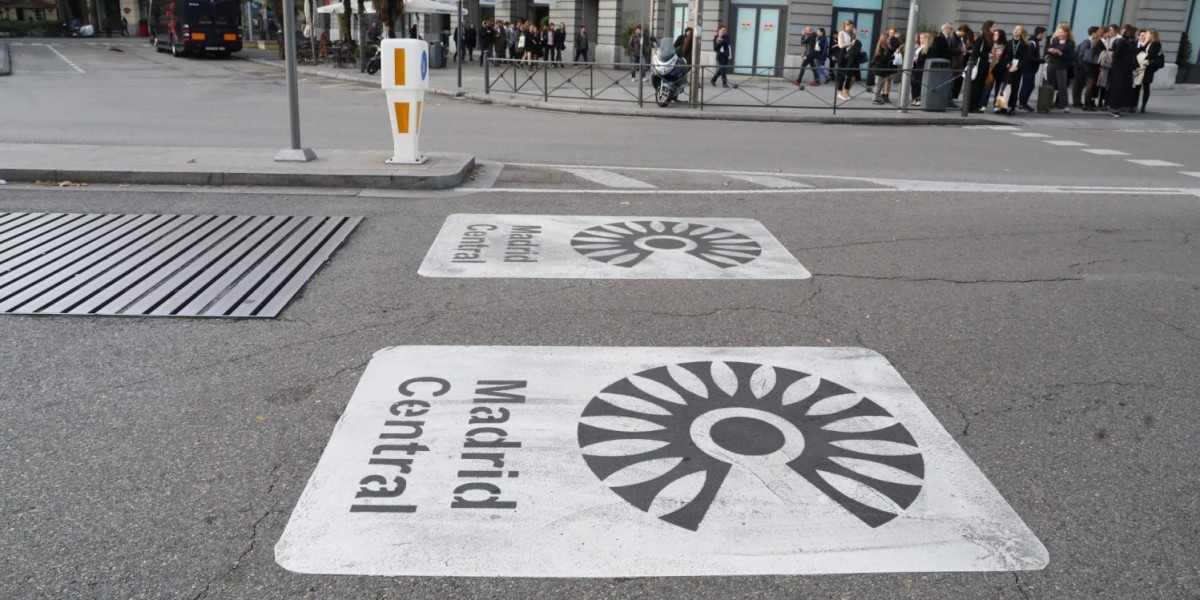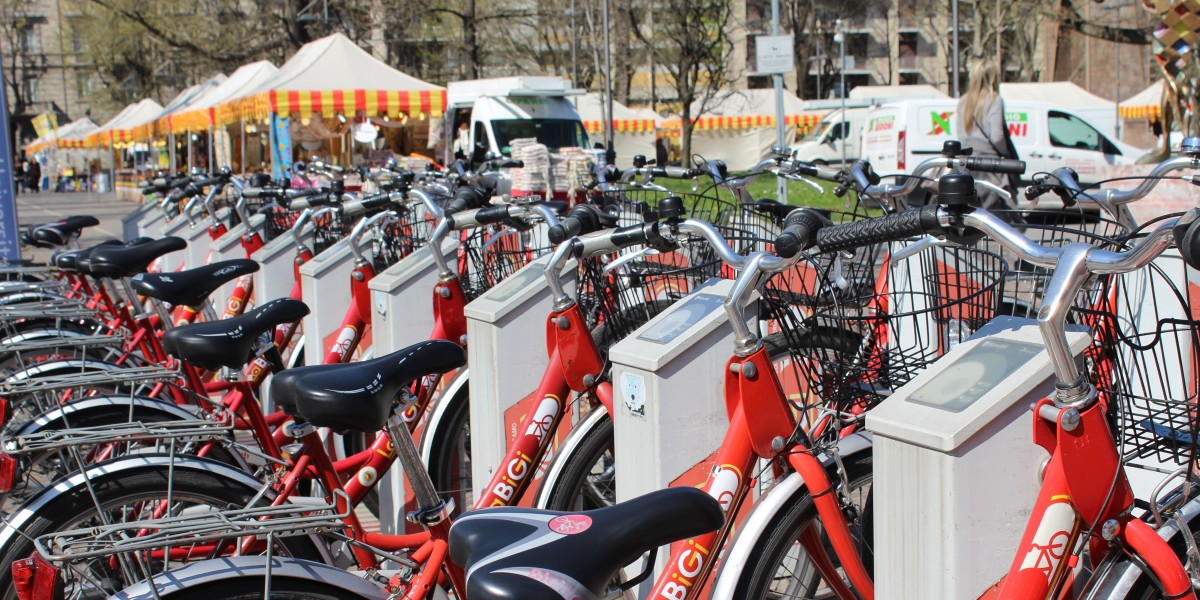
On 8th October 2025, Spain’s Congress of Deputies approved the Sustainable Mobility Bill, recognising a right to safe, accessible and sustainable mobility and setting a national framework to decarbonise transport. The bill now moves to the Senate for final approval, paving the way for new coordination, funding and data‑sharing measures aligned with EU climate goals
Key changes under Spain’s Sustainable Mobility Bill
This new national framework recognises the right to safe, accessible and sustainable mobility and seeks to decarbonise transport. Effects will depend on forthcoming regulations and how each municipality implements the law, so roll‑out is expected to be phased and uneven across the country.

Driving and low‑emission zones (LEZs) for residents and visitors
Spain’s Directorate General of Traffic (DGT) will reform its environmental labelling so it reflects real‑world CO₂ output rather than engine type alone. The update draws on recent technological advances, integrating Euro emissions regulations to redefine the thresholds for each label.
The labels and indicative criteria under the new model are still Zero Emissions, ECO, C and B. Access rules will tighten as labels are recalibrated, and some vehicles currently classified as C could move down to B, limiting entry to major urban areas such as Madrid and Barcelona. The new labels take effect next year, with the DGT due to publish the final classification in the first months of 2026.
Public transport and fares: buses, metro, rail and night trains
Spain’s new law prioritises buses, with measures aimed at increasing occupancy by 40%, which authorities say would cut greenhouse gas emissions by 25%. Local routes will be operated by regional governments with state support, and a refreshed system of bus concessions is designed to enable fare reductions of around 20%. Financing for urban public transport will be reinforced through a new State Fund for Contribution to Sustainable Mobility.
Night trains, which were withdrawn in 2020, are slated for a comeback under the law after nearly three years of debate and close to 30 amendments. However, reports indicate Renfe is unlikely to resume nocturnal services unless required to do so, citing low demand and cumulative losses of €265 million on domestic night trains between 2013 and 2021.

Commuting and employer mobility plans
Workplaces with more than 200 employees, or with more than 100 employees per shift, must draw up a sustainable mobility plan for work. Companies have 24 months from the law’s entry into force to implement their plan.
High‑occupancy workplaces (more than 1,000 workers) located in municipalities or metropolitan areas with more than 500,000 inhabitants will face specific content requirements.
Short‑haul domestic flights and rail alternatives
There are also plans to limit domestic flights where there is a rail alternative of under 2.5 hours, with exceptions for airport connections to international routes. The Transport Ministry will promote reductions rather than an outright ban, with specifics to be defined in secondary regulation. Routes that could be affected include Madrid–Málaga, Pamplona, Santiago de Compostela, Granada, A Coruña and Seville.
Roll‑out, enforcement and funding
The law now moves to the Senate, where it may be rejected, sending the text back to Congress for a final vote. As a framework, it is central to unlocking nearly €10 billion in European Recovery Plan funds and provides the legal basis to modernise transport and support decarbonisation.
Its real impact, however, hinges on implementation: adequate budgets, clear secondary regulations, defined timetables and sustained political commitment. In the context of the climate emergency and EU pressure, this could be a pivotal moment for fairer, safer and lower‑carbon mobility, but delivery will matter more than declarations.

Stay in the know about living in Spain as a foreigner—get our weekly newsletter for the latest travel, legal, and lifestyle news.
